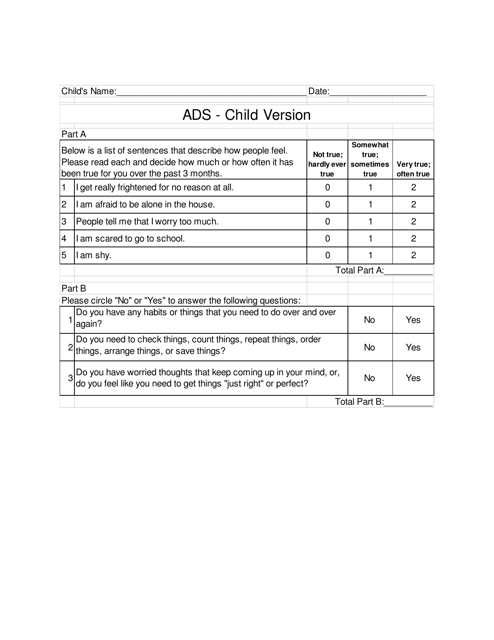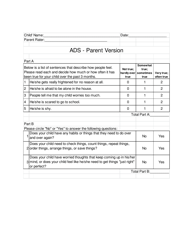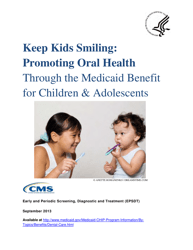Anxiety and Obsessive / Compulsive Disorders - Child Version - New Hampshire
Anxiety and Obsessive/Compulsive Disorders - Child Version is a legal document that was released by the New Hampshire Department of Health and Human Services - a government authority operating within New Hampshire.
FAQ
Q: What are anxiety disorders?
A: Anxiety disorders are conditions characterized by excessive worry, fear, or nervousness.
Q: What are obsessive/compulsive disorders?
A: Obsessive/compulsive disorders are conditions characterized by persistent thoughts (obsessions) and repetitive behaviors (compulsions).
Q: Are children affected by anxiety and obsessive/compulsive disorders?
A: Yes, children can be affected by anxiety and obsessive/compulsive disorders.
Q: What are the symptoms of anxiety disorders in children?
A: Symptoms of anxiety disorders in children may include excessive worry, restlessness, irritability, difficulty concentration, and physical symptoms like headaches or stomachaches.
Q: What are the symptoms of obsessive/compulsive disorders in children?
A: Symptoms of obsessive/compulsive disorders in children may include repetitive behaviors such as handwashing, checking, or counting, as well as intrusive thoughts or fears.
Q: How are anxiety and obsessive/compulsive disorders diagnosed in children?
A: Diagnosis of anxiety and obsessive/compulsive disorders in children is based on a thorough evaluation by a healthcare professional, including a psychiatric assessment.
Q: How are anxiety and obsessive/compulsive disorders treated in children?
A: Treatment of anxiety and obsessive/compulsive disorders in children may include therapy (such as cognitive-behavioral therapy) and medication, if necessary.
Q: Are there support services available for children with anxiety and obsessive/compulsive disorders?
A: Yes, there are support services available for children with anxiety and obsessive/compulsive disorders, including therapy, support groups, and educational resources.
Q: What should parents do if they suspect their child has an anxiety or obsessive/compulsive disorder?
A: Parents should seek professional help if they suspect their child has an anxiety or obsessive/compulsive disorder. They can start by contacting their child's pediatrician or a mental health professional.
Q: Can children outgrow anxiety and obsessive/compulsive disorders?
A: Some children may outgrow anxiety and obsessive/compulsive disorders, while others may continue to experience symptoms into adulthood. Early intervention and treatment can help improve outcomes.
Form Details:
- The latest edition currently provided by the New Hampshire Department of Health and Human Services;
- Ready to use and print;
- Easy to customize;
- Compatible with most PDF-viewing applications;
- Fill out the form in our online filing application.
Download a printable version of the form by clicking the link below or browse more documents and templates provided by the New Hampshire Department of Health and Human Services.



